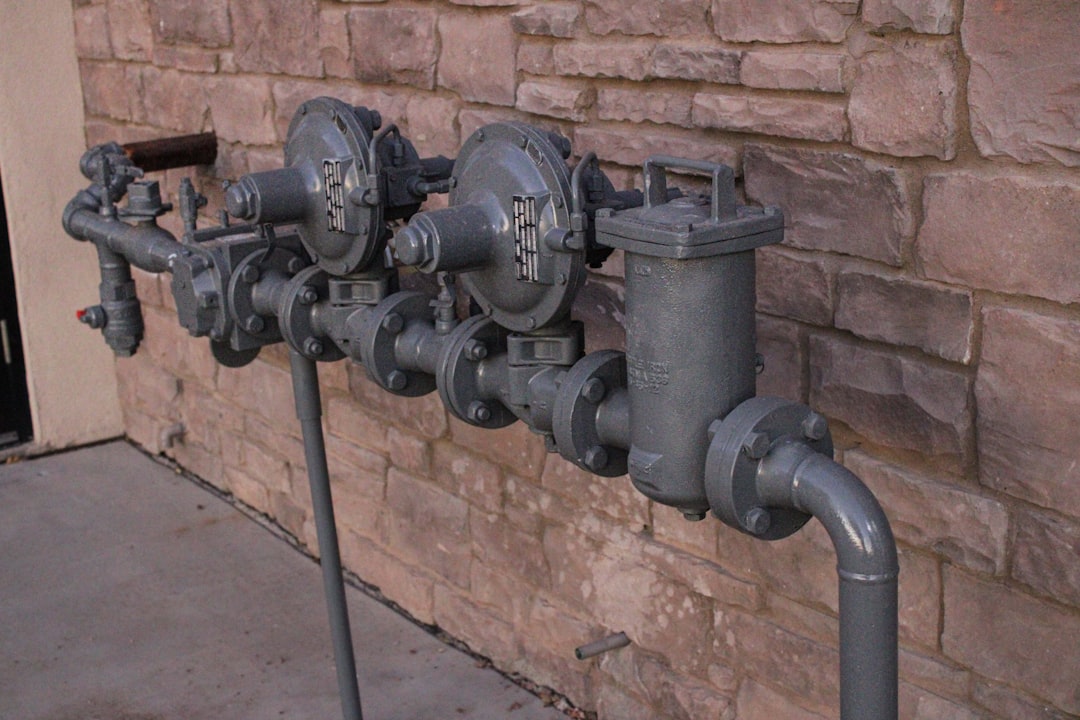Gas Leak Repair Costs: Professional Guide
Price source: Costs shown are derived from our proprietary U.S. construction cost database (updated continuously from contractor/bid/pricing inputs and normalization rules).
Eva Steinmetzer-Shaw
Head of Marketing
Understanding Residential Gas Leak Repair Cost
Addressing gas line issues immediately is crucial, but understanding the costs is equally important for construction professionals looking to manage budgets effectively. Residential gas leak repair costs typically range from $150–$800 for single-point repairs. Extensive replacements can reach $1,500–$3,000, while complex setups may cost up to $3,000–$7,000. Accurate estimates stem from several key factors, which we detail below.
Core Factors Affecting Gas Leak Repair Costs
- Location of the Leak: Repairs beneath slabs or inside walls vary significantly due to labor hours and tool requirements.
- Pipe Material & Age: Different materials, like galvanized steel or CSST, necessitate various fittings and technical skills.
- Line Length Replacement: Gas lines are priced per linear foot, a consideration vital for precise budgeting.
- Permitting & Inspections: City fees and pressure tests can add substantial costs, impacting the overall project budget.
Real-Time Estimates with CountBricks
Using AI and real-time price updates, CountBricks allows professionals to break down repair costs transparently. Estimates include all tasks and materials, ensuring no surprise expenses.
Step-by-Step CountBricks Estimating Workflow
- Voice Capture: Technicians input findings directly into the CountBricks app.
- AI Parsing: Automated task conversion speeds up the estimation process.
- Live Pricing: Regularly updated supplier data ensures quote accuracy.
- Client Review: Detailed, branded estimates are provided on-site.
Cost-Saving Tips for Professionals
Practical strategies can significantly reduce costs without compromising safety:
- Conduct all necessary repairs in a single project to save on repeated permits.
- Opt for flexible piping where labor savings outweigh material costs.
- Plan work during off-peak seasons to benefit from inspection fee waivers.
Potential Hidden Costs to Consider
Be mindful of additional expenses like:
- Structural restoration post-repair
- Re-certification for appliances
- Temporary accommodation during prolonged outages
Case Study: Oak Meadow Bungalow
A detailed examination of a project showed real-world savings and efficiencies. The total repair cost amounted to $598, efficiently managed and executed.
Pro Tips from Experts
- Document work progress with meter readings.
- Label shut-off valves for easy future access.
- Include CO detector installations in safety checks.
Ready for Accurate Pricing?
Explore CountBricks to get precise, data-driven estimates for gas leak repairs. Visit CountBricks.com for expert insights.
Advanced Strategies for Lowering Gas Leak Repair Costs
CountBricks provides data-driven analysis and real-time pricing to minimize repair costs smartly and efficiently.
Optimizing Material Costs
- Leverage AI-driven suggestions for cost-effective material choices.
- Our bulk agreements offer stable pricing, insulating projects from price volatility.
Enhancing Labor Efficiency
- Voice-driven scopes streamline data entry, maximizing repair time.
- Optimized scheduling reduces unnecessary overtime.
Permitting Intelligence Utilization
- CountBricks integrates local fee data directly into estimates, eliminating unexpected costs.
- AI flags cost-saving alternatives for required pressure tests.
Real-World Savings: Lakeview Duplex Retrofit
Cost-cutting measures adopted during a duplex retrofit resulted in 34% savings compared to standard quotes, cementing CountBricks' role as a leader in smart estimating.
Your Next Steps
Experience transparency in gas leak repair cost estimating. Upload plans or schedule a walkthrough with CountBricks to see the benefits firsthand.

